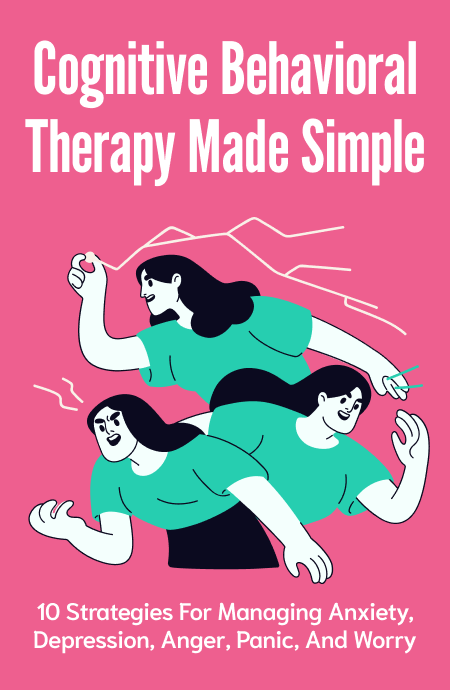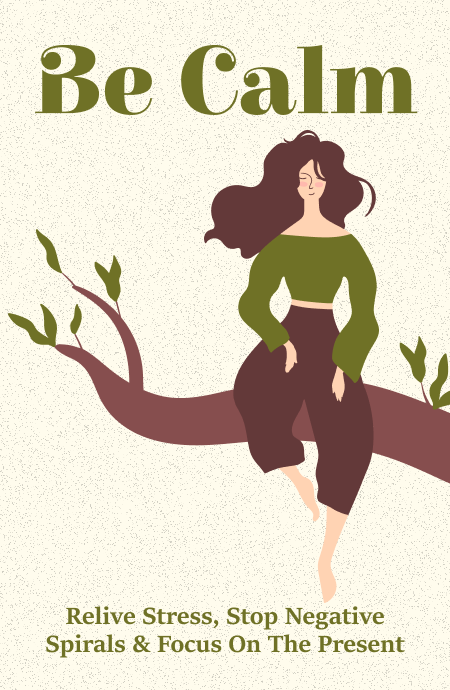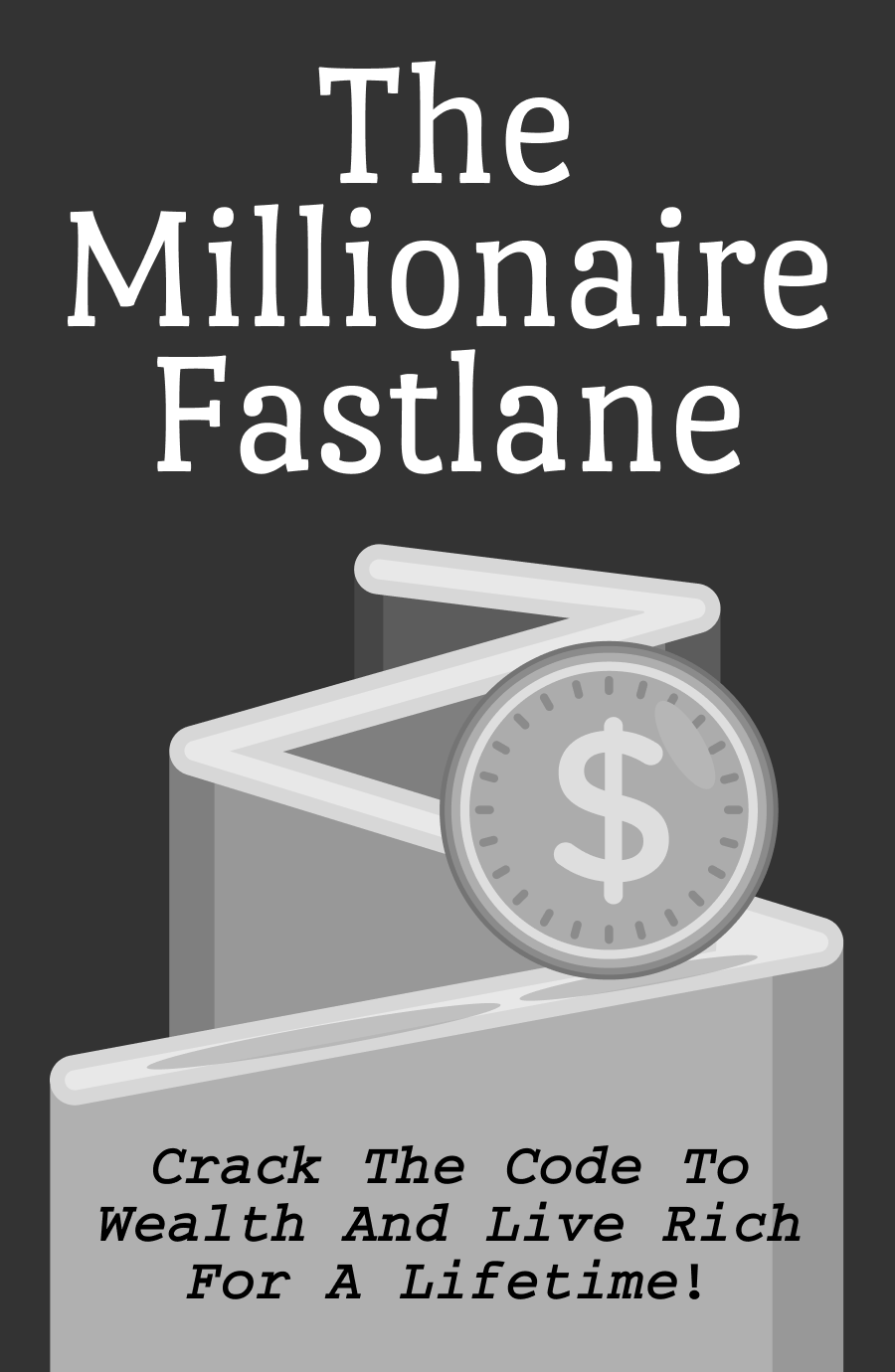Lesson 1. CBT? What’s That?
Self Care? What’s even that? You are just giving another excuse for being selfish! We’ve heard such comments numerous times. But do we consider it ever? Well, it is time to understand that taking care of yourself doesn’t mean you are selfish. Rather the opposite attitude of selfishness is being selfless which comes to its true potential only when one is satisfied with their way of living and if they find any faulty ingredients in their physical and mental health, are even ready to make the necessary changes.
CBT is one such step to making positive change within oneself and then sharing the same positivity and helping hand with others.
Journey of CBT
Beginning: The basic idea was to find a measure to change one’s toxic thinking and behavioral pattern.
Behavioral Therapy: Early 20th C began psychoanalysis through talk therapy based on Sigmund Freud’s idea of visiting therapists regularly and exploring patients’ childhood incidences and traumas.
Well, well, don’t get scared by the term patient, it’s fine, all of us go through ups and downs in life, and taking treatment is important. Saying patient doesn’t mean that you’re a psychopath, it’s as simple yet important as physical ailments. Imagine you’re suffering from a cold, what if someone suspects you of being a pokemon titled “Freeze Dry” who would make a frozen statue of anyone. Does that make you a monster? No! Be it a physical or mental patient, both are human.
Cognitive Therapy: Psychiatrist Aaron T Beck and Psychologist Albert Ellis gave this therapy which helps one to locate negative thoughts and beliefs and then move towards eliminating them and spotting positive light, following to bring hope and positivity.
Collaboration of Behavioural and Cognitive Therapies: Rising point of CBT- Cognitive Behavioural Therapy under Aaron T Beck where one tries to build an understanding of feelings, thoughts, and behavior which is a better combination for rapid healing.
Inclusion of Mindfulness to Behavioural and Cognitive Therapies: this deadly or rather more powerful combination of all three helps to reduce relapse of any disorder after therapy sessions.
Is CBT really helpful? What’s the reason for it being so influential?
Under CBT, there’s no direct attack on the ailment. The ailment has a bigger army than we have, so CBT acts clever and defuses them slowly:
- Break down the challenges and problems to lessen the strain.
- Structured training arranges hurdles step by step, from small to bigger ones, thus providing correct treatment.
- Repeated practice of building positive habits
Unlock Knowledge with Wizdom App
Explore a world of insights and wisdom at your fingertips with the Wizdom app.
 1 Million+ App Download
1 Million+ App Download  4.9App Store Rating
4.9App Store Rating 5000+Summaries & Podcasts
5000+Summaries & Podcasts









